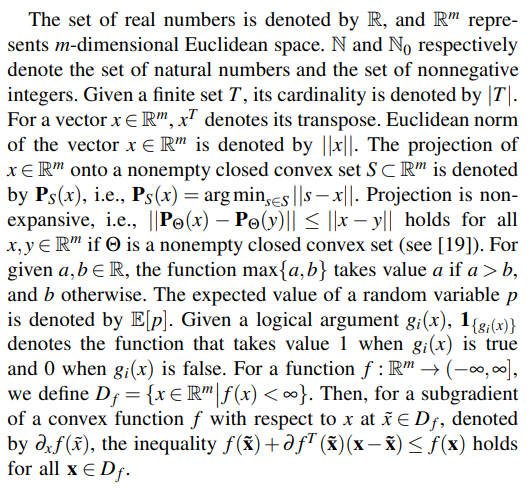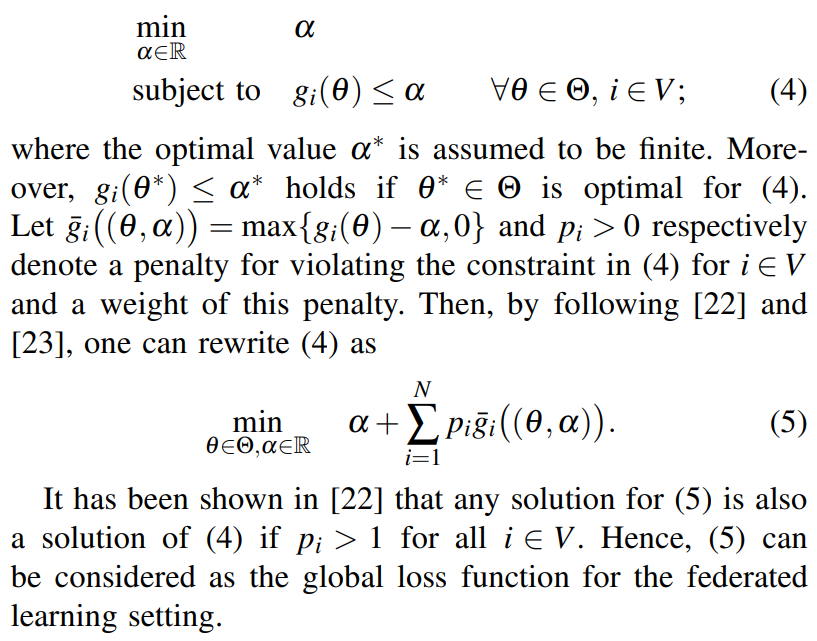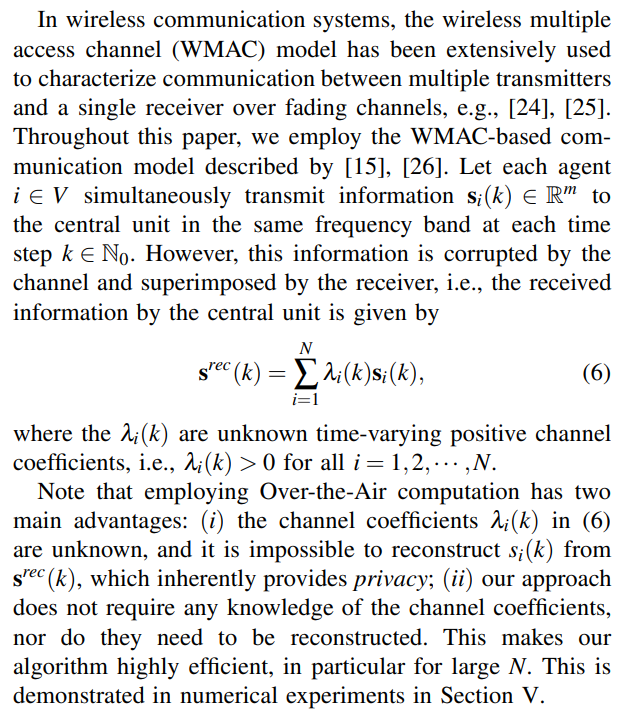This content originally appeared on HackerNoon and was authored by Computational Technology for All
:::info Authors:
(1) Halil Yigit Oksuz, Control Systems Group at Technische Universitat Berlin, Germany and Exzellenzcluster Science of Intelligence, Technische Universitat Berlin, Marchstr. 23, 10587, Berlin, Germany;
(2) Fabio Molinari, Control Systems Group at Technische Universitat Berlin, Germany;
(3) Henning Sprekeler, Exzellenzcluster Science of Intelligence, Technische Universit¨at Berlin, Marchstr. 23, 10587, Berlin, Germany and Modelling Cognitive Processes Group at Technische Universit¨at Berlin, Germany;
(4) Jorg Raisch, Control Systems Group at Technische Universitat Berlin, Germany and Exzellenzcluster Science of Intelligence, Technische Universitat Berlin, Marchstr. 23, 10587, Berlin, Germany.
:::
Table of Links
Federated fair over-the-air learning (FedAir) Algorithm
II. PROBLEM SETUP

\ A. Minmax Reformulation
\ In a federated learning setting with N agents, where V = {1,2,··· ,N} denotes the index set, we are interested in improving the performance of the worst-performing agent by solving the following optimization problem:
\

\ We aim to compute a parameter vector estimate minimizing the worst-case loss observed among all agents, thus providing some form of fairness [20], [21]. However, it is difficult and inefficient to use (3) directly for federated learning purposes. Instead, we can consider an alternative (epigraph) form:
\

\ B. Over-the-Air Communication Mode
\

\
:::info This paper is available on arxiv under CC BY 4.0 DEED license.
:::
\
This content originally appeared on HackerNoon and was authored by Computational Technology for All